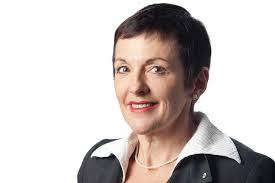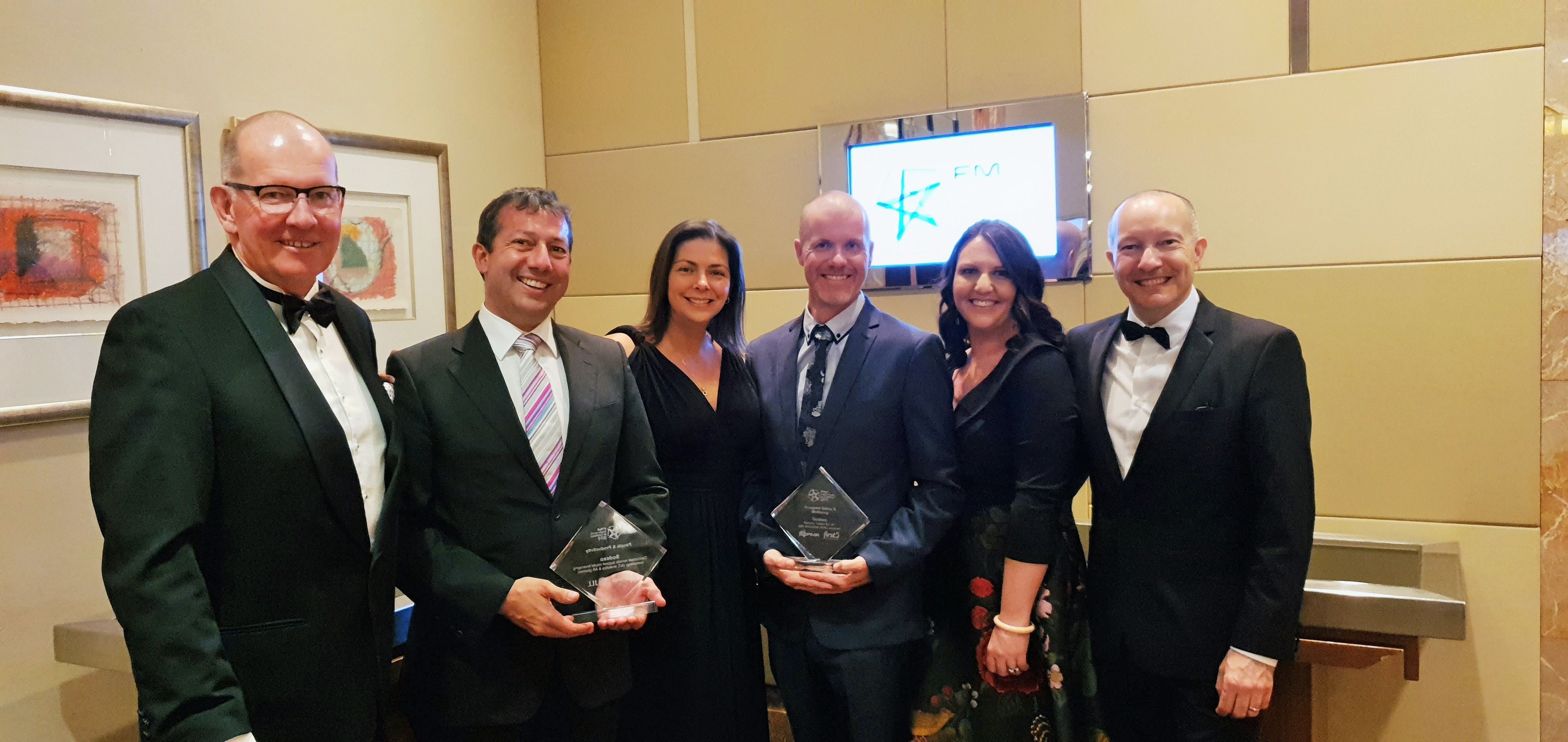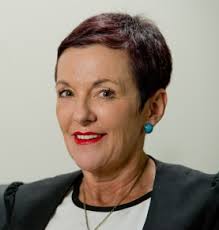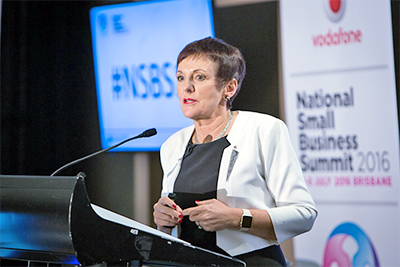Ombudsman says COVID-19 support should extend to all small businesses, including sole traders
THE Australian Small Business and Family Enterprise Ombudsman, Kate Carnell has written to Prime Minister Scott Morrison, requesting support for Australia’s small business sector, including the nation’s 1.4 million sole traders.
“The COVID-19 driven downturn is already taking an unprecedented toll on the Australian small business community,” Ms Carnell said..
“Sole traders, which account for more than 60 percent of Australian businesses, are currently ineligible for cash flow assistance of up to $25,000 because it is only available to businesses that directly employ staff. 
“Our view is that government support should be extended to small businesses, including sole traders who are facing dire circumstances amid this COVID-19 health crisis.”
The Ombudsman has suggested a suite of measures that could be implemented by the Federal Government that could help sole traders, independent contractors and small businesses – particularly those operating in tourism, events, training, catering and hospitality industries – in the short term.
“Sole traders and independent contractors need income support right now without the administrative burden of asset testing,” Ms Carnell said.
“New Zealand’s recently announced wage subsidy scheme providing eligible businesses, including sole traders and self-employed people with $585 per week (employers can receive a maximum of $150,000), for each full-time employee for a period of 12 weeks, is a model the government should consider.
“We also believe New Zealand’s COVID-19 leave and self-isolation support package providing all small business employees, including sole traders, who are unable to work or are caring for others with weekly payments of up to $585 for a period of up to eight weeks is worthy of government consideration," she said.
“Sole traders should be eligible for immediate rebates of PAYG quarterly instalment payments paid during the 2019/2020 financial year and PAYG payments on income drawn from the business.
“Cash flow is absolutely vital for all small businesses, including sole traders, who should be given one-off access to their superannuation at this critical time," Ms Carnell said.
“Low interest loans should also be extended to those small businesses and sole traders impacted by a loss of trade due to COVID-19, similar to what has been offered to bushfire affected small businesses.
“Finally, a national small business recovery program, including fast-tracked regional infrastructure projects and mandated small business supplier quotas in all government procurement is required for the nation to get back to business.”
ends






